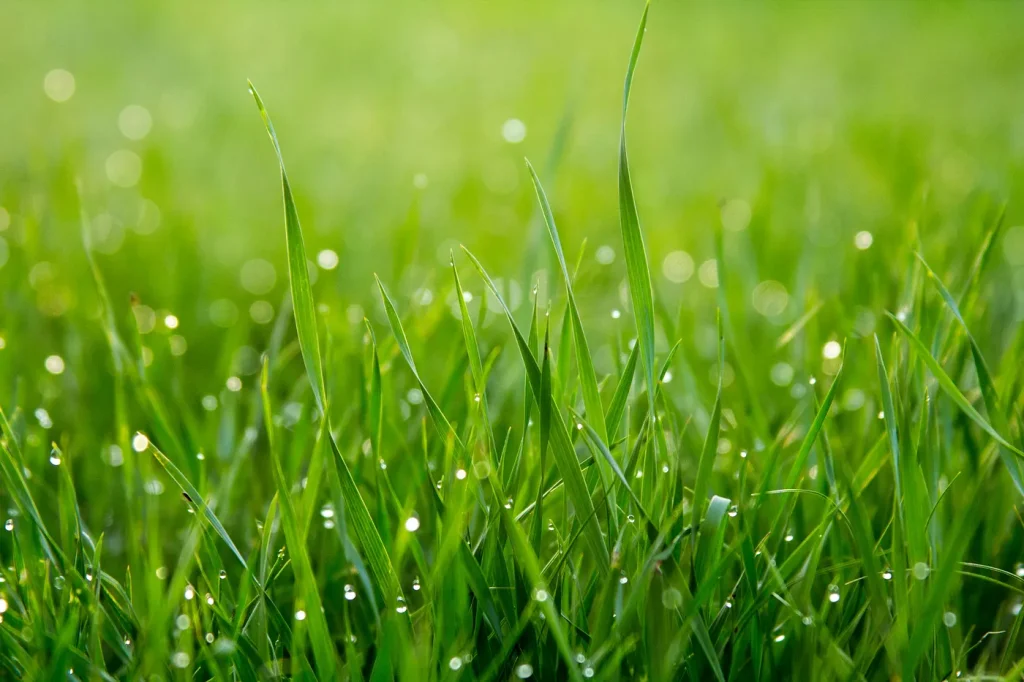
You know that crisp, earthy, almost sweet smell that fills the air right after mowing the lawn? It’s so distinct that it instantly screams summer. But what exactly are we smelling — and why do we love it so much?
Turns out, that iconic scent is less about “freshness” and more about plant distress signals.
The Chemistry Behind the Smell
When grass is cut, it releases compounds called green leaf volatiles (GLVs).
- These are a mix of alcohols, aldehydes, and hydrocarbons.
- The result is that sharp, green, almost fruity smell we associate with cut grass.
Basically, it’s grass saying: “I’ve been hurt!”
Grass Is Actually Screaming
Well, sort of. GLVs are a plant’s SOS signal. When grass is damaged:
- It sends out these scents to warn neighboring plants of danger.
- Other plants may respond by boosting their own defenses (like producing chemicals to deter insects).
- The smell also attracts predators that eat plant pests — kind of like calling in reinforcements.
It’s plant warfare… but it smells amazing.
Why Humans Love It
There’s no evolutionary reason we need to enjoy the smell of grass, but psychology plays a role:
- Memory connection: For many, it’s tied to childhood summers, sports fields, or time outdoors.
- Evolutionary hint: Some scientists believe humans may like “green smells” because they signal healthy, fertile environments.
- Relaxation effect: Studies suggest the scent of cut grass can reduce stress and improve mood.
So while the grass is crying out, we’re just vibing with it.
Beyond the Lawn
The science of plant smells isn’t limited to grass.
- Flowers release scents to attract pollinators.
- Trees release compounds after rain (hello, petrichor).
- Herbs like basil or mint produce aromatic oils as defense mechanisms.
Nature is basically a giant chemical communication system — and we’re lucky enough to smell it.
That fresh-cut grass smell isn’t just “nice air.” It’s plant distress perfume, a cocktail of chemicals meant for survival. But for humans, it’s nostalgia, happiness, and a reminder of warm days outside.
So next time you mow the lawn, remember: the grass isn’t serenading you — it’s sounding the alarm.
